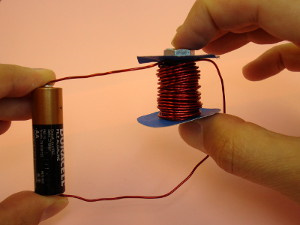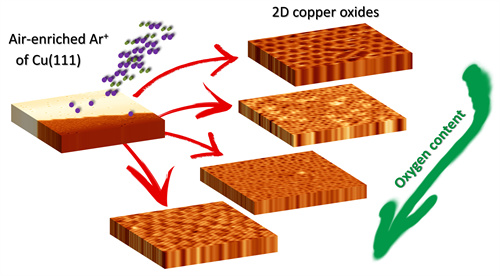When it comes to science experiments, few tools are as versatile and essential as copper wire. This unassuming yet remarkable material has played a pivotal role in advancing our understanding of electricity, magnetism, and more. From simple circuits to intricate electromagnets, copper wire is a staple ingredient that empowers curious minds to explore the realms of physics, chemistry, and engineering. In this blog, we'll delve into the captivating world of copper wire in science experiments and discover how its properties make it an indispensable asset in hands-on learning.
The Conductor of Choice
Copper wire's fame as an electrical conductor is well-deserved. Its high electrical conductivity, second only to silver, makes it the preferred choice for transmitting electric current. This property is a foundational aspect of numerous experiments. Building a basic circuit? Copper wire is your go-to for connecting components and facilitating the flow of electrons. Whether you're lighting up a tiny LED or powering a complex arrangement, the reliability of copper as a conductor ensures the success of your experiment.
Exploring Magnetism
The intersection of copper wire and magnetism introduces us to another exciting dimension of experimentation. When electric current courses through a copper wire, it generates a magnetic field around it. This phenomenon, known as electromagnetism, opens the door to a wide array of captivating experiments.

Constructing an electromagnet is a classic venture that showcases the prowess of copper wire. By wrapping a length of copper wire around a ferromagnetic core, such as an iron nail, and passing an electric current through the wire, you can witness the nail turning into a temporary magnet. This experiment underscores the vital connection between electricity and magnetism, as well as offering insights into applications ranging from motors to MRI machines.
Copper Oxides and Beyond
In chemistry-oriented experiments, copper wire takes on yet another role – as a vessel for intriguing reactions. The phenomenon of copper oxidation, where the metal reacts with oxygen in the air to form a distinctive greenish patina, is a captivating example. You can showcase this process by suspending a length of copper wire in a container with moist air or by immersing it in a solution containing vinegar and salt. Observing the wire gradually transform in color and texture offers a hands-on lesson in chemical reactions and corrosion.

Innovative Science Projects
Copper wire's adaptability extends to more advanced experiments as well. Have you ever considered constructing your own simple electric motor? With a few basic supplies including a battery, a magnet, and some copper wire, you can create a spinning marvel that demonstrates the conversion of electrical energy into mechanical motion.
Additionally, as renewable energy gains prominence, copper wire finds a place in experiments centered on harnessing solar power. Building a simple solar cell using copper wire, a semiconductor material, and a few other components can shed light on the principles behind photovoltaic energy generation.
Safety First
While copper wire enhances the learning experience in science experiments, it's essential to emphasize safety. Always work with appropriate tools, insulation, and precautions when handling electrical components. Adult supervision is crucial, especially when working with electricity, to prevent accidents and ensure a constructive learning environment.
In Conclusion
Copper wire's presence in science experiments is both timeless and transformative. Its role as a conduit for electrical current, a vehicle for exploring magnetism, and a participant in chemical reactions makes it a must-have material for any curious mind embarking on a scientific journey. From basic circuits to innovative projects, copper wire's adaptability empowers students and enthusiasts alike to delve into the captivating realms of physics, chemistry, and engineering. So, the next time you're setting up a science experiment, remember to keep that spool of copper wire close- it might just be the key to unlocking your next discovery.

